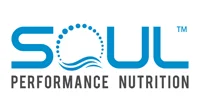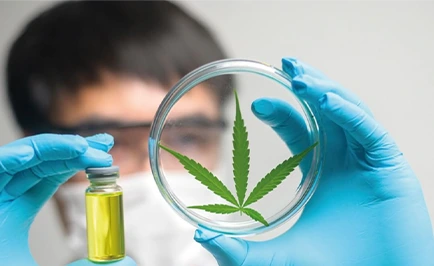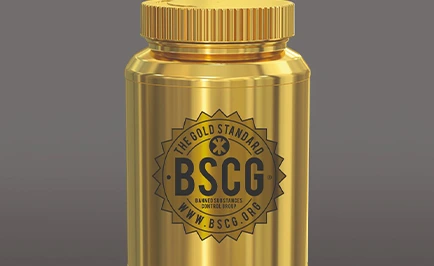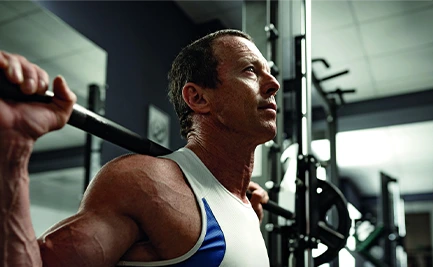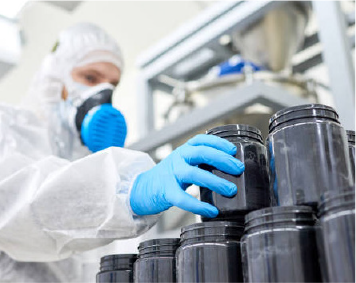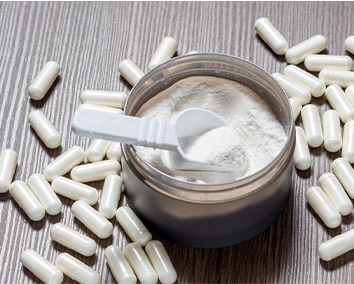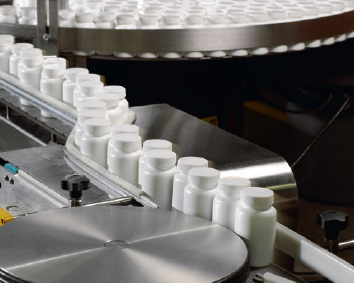T20 World Cup of Clean Cricket
Jun 13, 2024
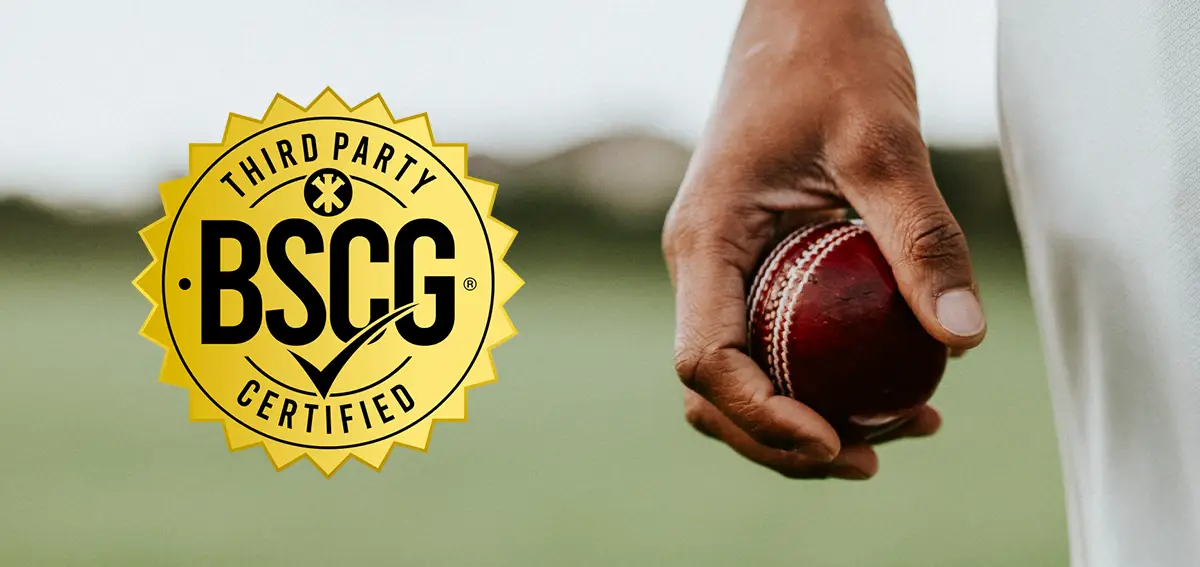
T20 World Cup of Clean Cricket
As the Men's T20 World Cup unfolds, the brilliance of fair play outshines every six and wicket. Cricket is a model of integrity in a sport historically free from doping scandals that have plagued other athletic fields. But why does the world’s second most popular sport with more than 2.5 billion players, cricket, seem immune to the widespread doping issues in other sports? Are cricketers doing something different, or is it a matter of time before these issues surface?
Perceived Cleanliness of Cricket
While recreational drug use has surfaced among cricketers, cases involving PEDs are rare, perhaps thanks to the nature of cricket, where skill and technique often outweigh sheer physical power. However, as the physically demanding T20 format grows, the potential for doping in cricket cannot be ignored. According to The Guardian, the International Cricket Council (ICC) has recently intensified its anti-doping measures, including introducing blood testing to detect human growth hormone (HGH).
Doping in Cricket
Despite the sport's clean image, the Anti-Doping Database reveals that cricket is not entirely free from violations. Since 2013, there have been 48 doping rule violations in cricket. Cannabis, clenbuterol and anabolic steroids are the most reported substances. The risk of contaminated sports supplements looms large with a recent survey finding that 28% of the more than 3,000 supplements reviewed could have led to an inadvertent positive drug test. The ICC's commitment to clean sport is evident in its proactive stance on doping. Yet, the complex political landscape in countries like India, where the Board of Control for Cricket in India (BCCI) has historically resisted certain anti-doping measures.
Ensuring Clean Cricket
To maintain cricket's reputation for integrity, several strategies are crucial
- 1.Enhanced Testing Protocols: Expanding the use of blood testing and biological passports to track athletes' profiles over time can help detect subtle changes indicative of doping.
- 2.Strict Compliance with Global Standards: Ensuring all cricket boards, including the BCCI, adhere to WADA regulations is essential.
- 3.Education and Outreach: Educating players about the risks of doping and contaminated supplements and the importance of clean sport can foster a culture of integrity.
- 4.Third-Party Certification: Encouraging players to use third-party certified supplements can mitigate the risks of inadvertent doping. Programs like BSCG's Certified Drug Free offer comprehensive testing and certification, ensuring supplements are free from banned substances. The BSCG Certified Drug Free program tests for more than 500 drugs including 300 drugs banned in sport, more than any other similar program in the world.
Fair Play in T20
The ICC's efforts to enhance its anti-doping measures reflect a commitment to maintaining the sport's integrity. While cricket may appear relatively clean, continuous vigilance and proactive measures are necessary to ensure it remains so. The journey to clean sport is ongoing, requiring the collective efforts of governing bodies, players, and fans. By embracing robust anti-doping strategies and promoting third-party certification for supplements for the protection of players, cricket can continue to shine as a beacon of integrity.



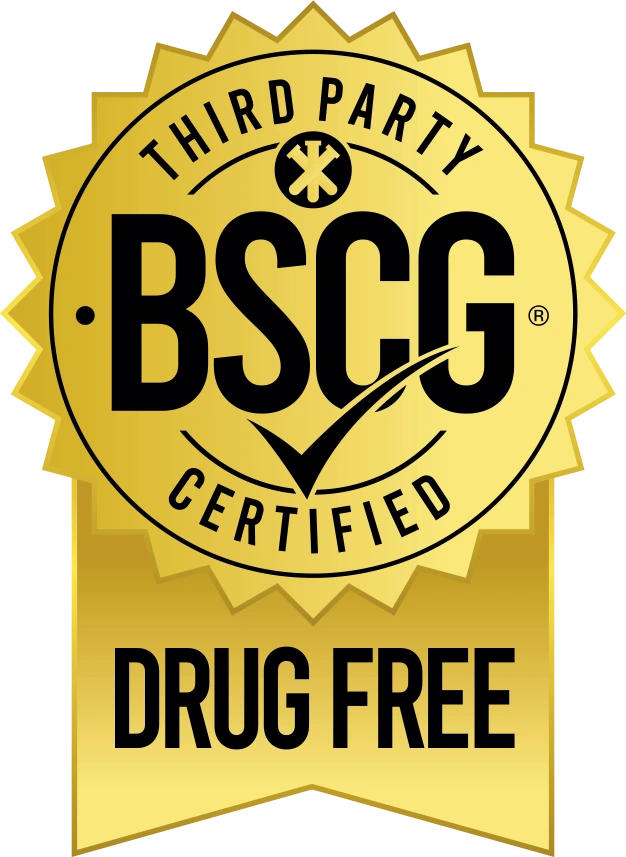
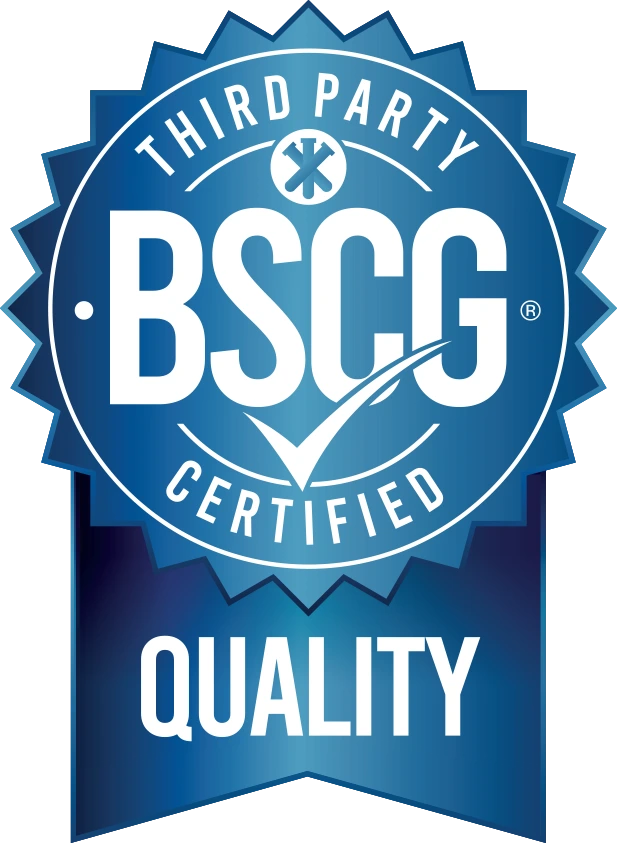

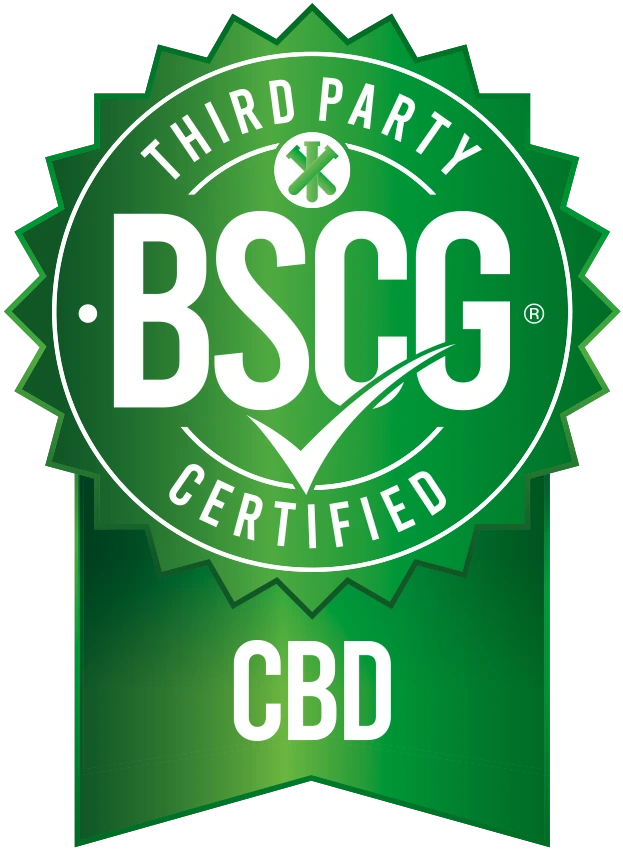

















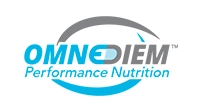













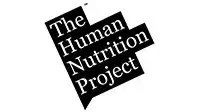












.webp)

























